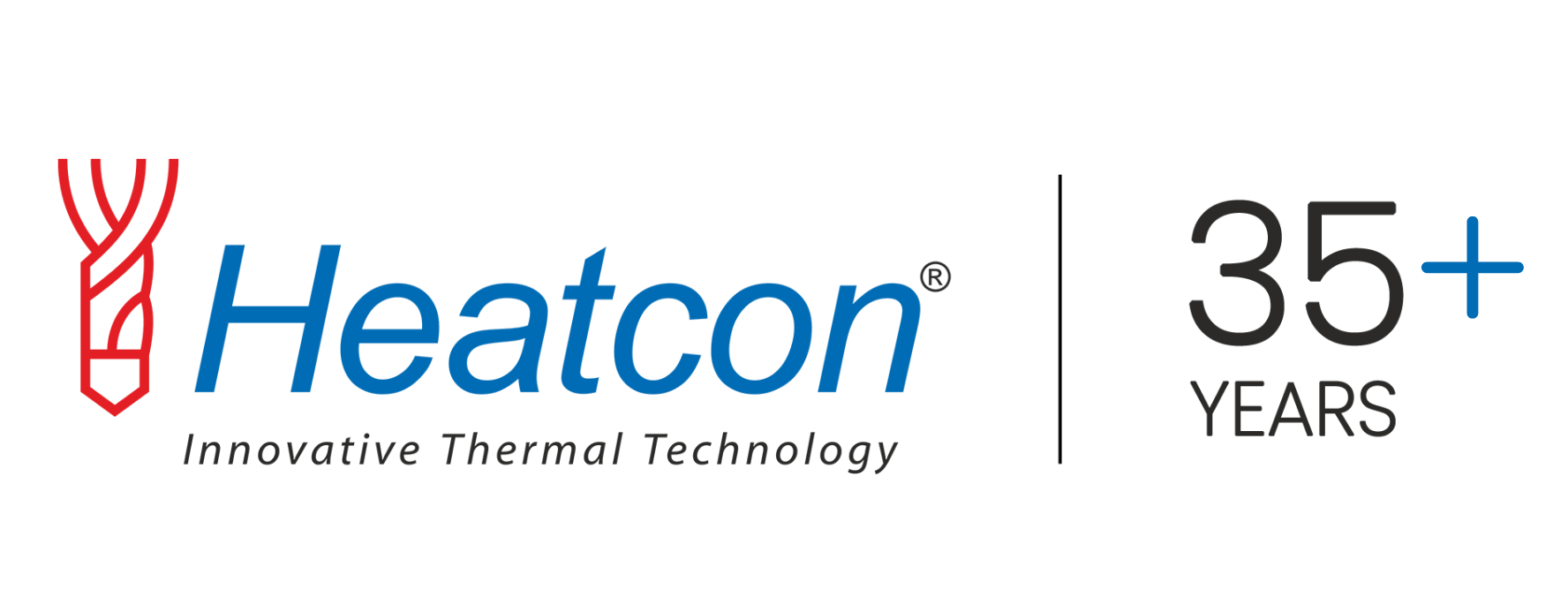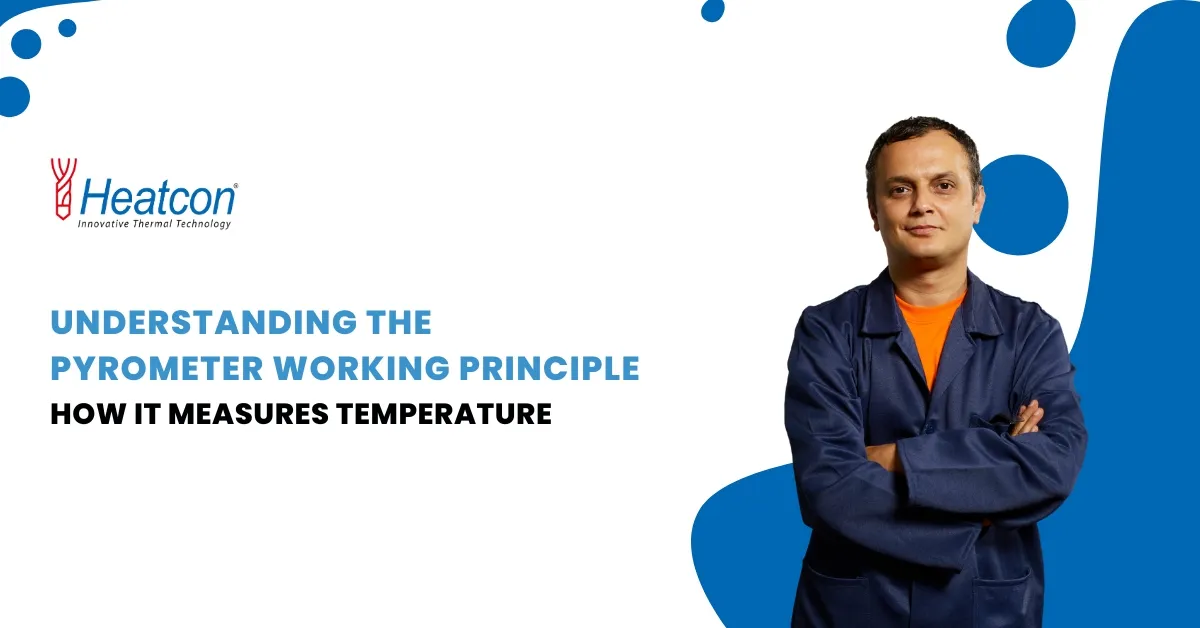Temperature measurement is an essential part of various industries, scientific research, and everyday life. According to a study, nearly 85% of industrial processes require precise temperature monitoring to ensure efficiency and safety. The instruments used for measuring temperature vary in complexity, ranging from simple mercury thermometers to advanced infrared sensors. In this comprehensive guide, we will explore different types of thermometers, their applications, and why precise temperature measurement is crucial.
Understanding Temperature Measurement
Temperature measurement is fundamental in fields such as healthcare, food safety, metallurgy, and environmental monitoring. A heat measuring device is required to monitor temperatures accurately, ensuring that processes are conducted under optimal conditions. Whether it is a laboratory experiment or an industrial furnace, selecting the right heat measurement tool is crucial.Types of Temperature Measuring Instruments
The room temperature measuring device is commonly used in homes and offices to maintain comfort levels, while industrial sensors measure extreme temperatures in manufacturing processes. Below are the primary thermometer types names and their respective applications:1. Mercury Thermometers
One of the oldest and most reliable temperature measurement tools, mercury thermometers are used in medical, industrial, and meteorological applications. However, due to safety concerns, their use has been restricted in many regions.2. Digital Thermometers
These thermometers provide quick and accurate readings using electronic sensors. They are commonly used as a temperature checker device in hospitals, homes, and food industries.3. Infrared Thermometers
Infrared thermometers allow non-contact temperature measurement, making them ideal for industrial and medical applications. These are widely used in detecting fevers and in monitoring heat emissions from machinery.4. Resistance Temperature Detectors (RTDs)
RTDs are among the most accurate temperature sensors used in industrial applications. Heatcon Sensors specializes in manufacturing customized RTDs to meet specific industrial requirements.5. Thermocouples
Thermocouples are widely used in industrial settings due to their durability and ability to measure extreme temperatures. Heatcon Sensors supplies high-quality thermocouples across India and globally.Applications of Temperature Measurement
Temperature measurement is crucial in various sectors, from healthcare to manufacturing. A room temperature machine is essential for climate control, while high-precision thermometers monitor temperature-sensitive industrial processes.How to Measure the Temperature Accurately
Understanding how to measure the temperature correctly ensures accuracy and reliability. It involves selecting the right thermometer, calibrating it properly, and considering environmental factors.Why Choose Heatcon Sensors?
Heatcon Sensors is a leading manufacturer of customized temperature sensors, including RTDs and thermocouples. With a vast supply network, we provide precision-engineered sensors to every part of India and across the globe. Whether in Mumbai, Chennai, Dubai, or New York, Heatcon Sensors ensures high-quality, reliable temperature measurement solutions.Frequently Asked Questions (FAQ)
1: What are the different instruments used for measuring temperature?
The instruments used for measuring temperature include traditional mercury thermometers, digital thermometers, infrared thermometers, thermocouples, RTDs, and thermal cameras. Each of these has its specific applications depending on accuracy, range, and industrial requirements.
2: What is a heat measuring device?
A heat measuring device is a tool used to determine the temperature of an object, environment, or process. These devices can be contact-based or non-contact-based and are essential in industrial and scientific applications.
3: What is a heat measurement tool and how does it work?
A heat measurement tool is any device that assesses the heat levels in a given medium. It works based on the principles of thermal expansion, electrical resistance, or infrared radiation detection.
4: Which is the best room temperature measuring device?
A room temperature measuring device can range from simple digital thermometers to advanced smart sensors integrated into HVAC systems. Choosing the right one depends on precision, response time, and ease of use.
5: What is a temperature checker device used for?
A temperature checker device is commonly used in medical, industrial, and home environments to ensure temperature control. These devices provide quick readings and are essential for monitoring temperature-sensitive applications.
6: How does a room temperature machine function?
A room temperature machine is typically an air-conditioning or heating unit integrated with temperature sensors. It helps maintain a stable indoor climate by automatically adjusting temperature settings.
7: What are the common thermometer types names used today?
There are several thermometer types names, including mercury thermometers, alcohol thermometers, digital thermometers, infrared thermometers, RTDs, thermocouples, and bimetallic strip thermometers.
8: How to measure the temperature correctly?
Understanding how to measure the temperature correctly requires selecting the right instrument, proper calibration, and environmental considerations. For industrial applications, using an accurate and well-calibrated device such as an RTD or thermocouple is recommended.
Solutions Offered by Heatcon Sensors
Heatcon Sensors is a leading manufacturer of temperature measurement solutions, including customized RTDs, thermocouples, and infrared sensors. Our solutions cater to industrial, scientific, and commercial needs, ensuring precision and reliability.
Why Choose Heatcon Sensors?
- Customized temperature sensors for any industrial application.
- Reliable supply chain for deliveries across India and worldwide.
- High-quality standards ensuring accurate and durable instruments.
Whether you require a precise heat measurement tool or a complex industrial RTD system, Heatcon Sensors has the expertise and resources to deliver high-quality solutions globally.




